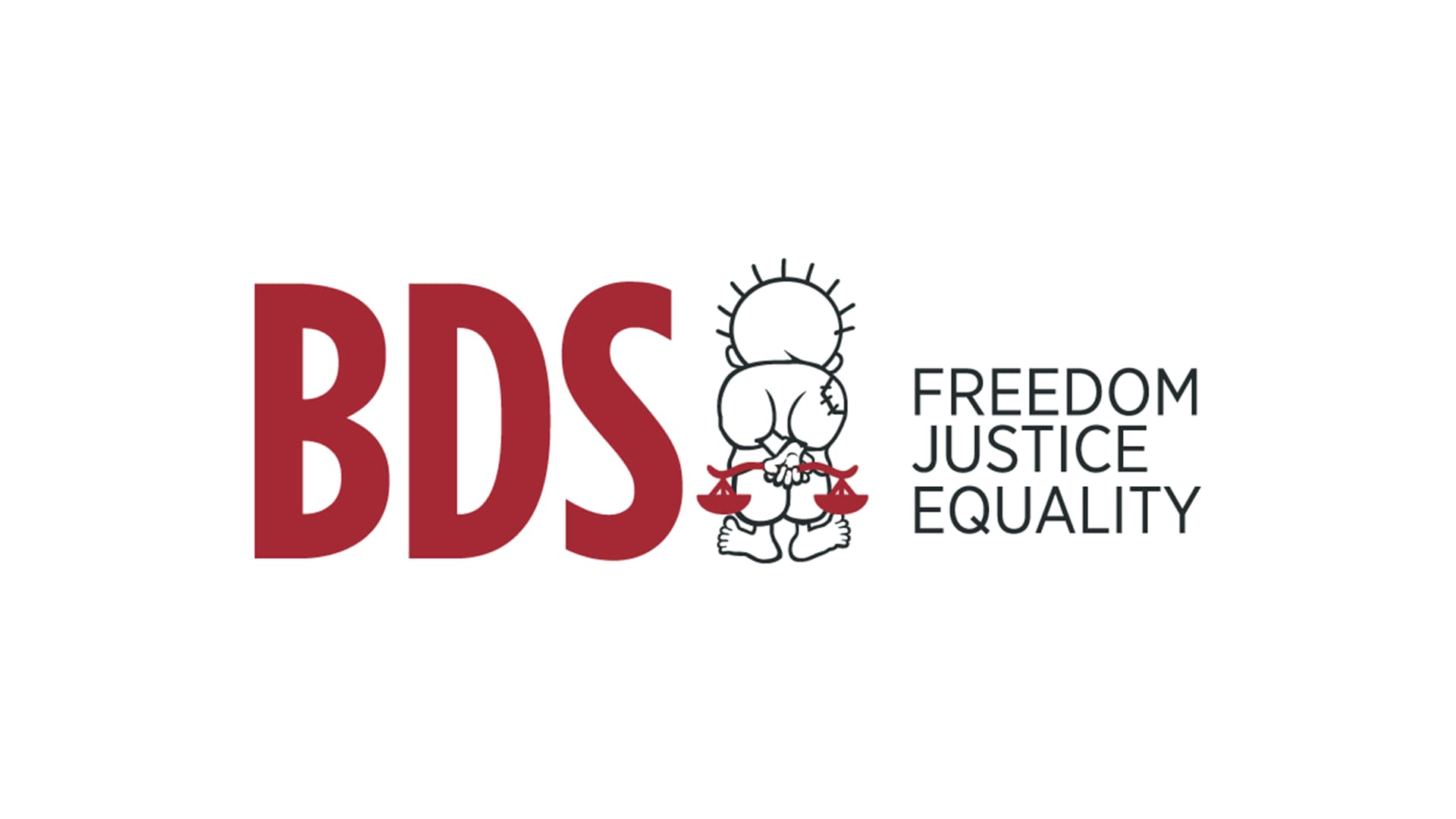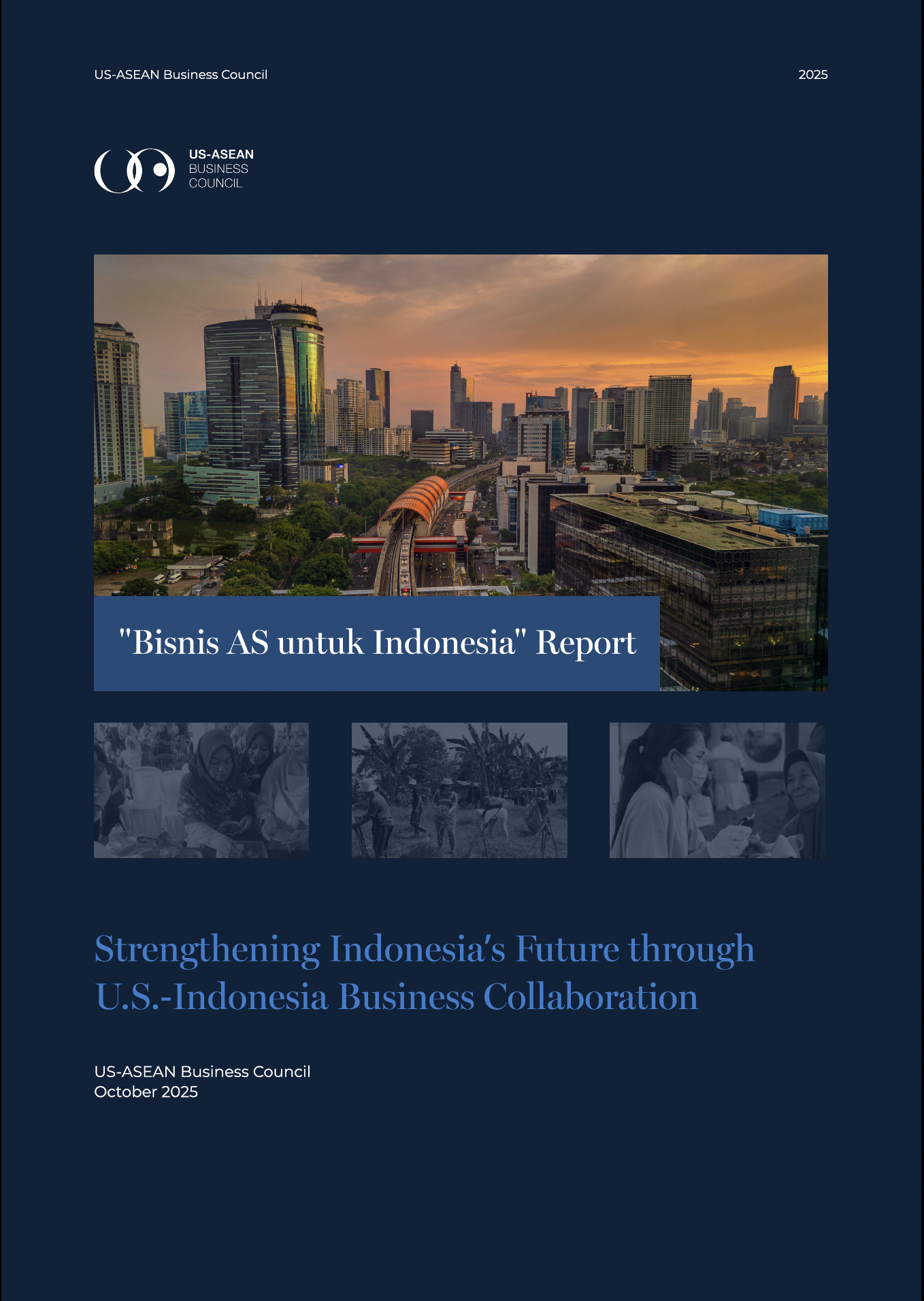Foreign Ownership and the Boycott, Divestment, and Sanctions (BDS) Movement

Although not driven by the Malaysian government, the BDS Movement’s list of companies with perceived affiliation with the Israeli military has grown. This includes U.S. food and beverage franchises as well as hygienic companies. Berjaya Corporation and Gerbang Alaf Restaurants, domestic umbrella companies for many U.S. companies’ franchises, saw revenue drops of up to 40% in Q4 of 2023 and Q1 of 2024 for select U.S.-based brands. However, these Malaysian-owned franchises operate under a local entity withdomestically sourced raw materials and workforces that consist entirely of Malaysians.
The Movement raises the question of who is to gain from the boycotts and the millions of USD in corporatelosses. One effect is that it certainly exacerbates the U.S. and Malaysian Governments’ already diverging geopolitical positioning. From a corporate perspective, clear messaging, transparency, and advocating for win-win solutions, where appropriate, will be essential for getting off the target list and preventing workplace conflict, stigmatization of certain groups, and further politicization. One subsidiary of Gerbang Ala Restaurants, for example, successfully mediated with BDS Malaysia Chapter to distinguish its entity’s stance (or lack thereof), contributing toward demystifying the accusations.








